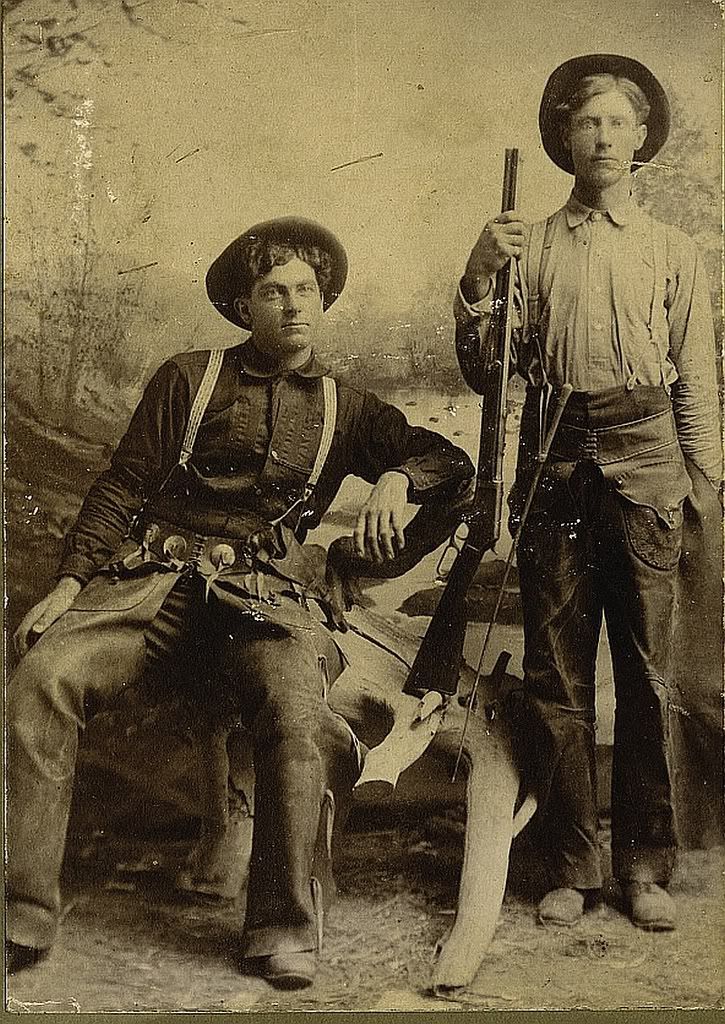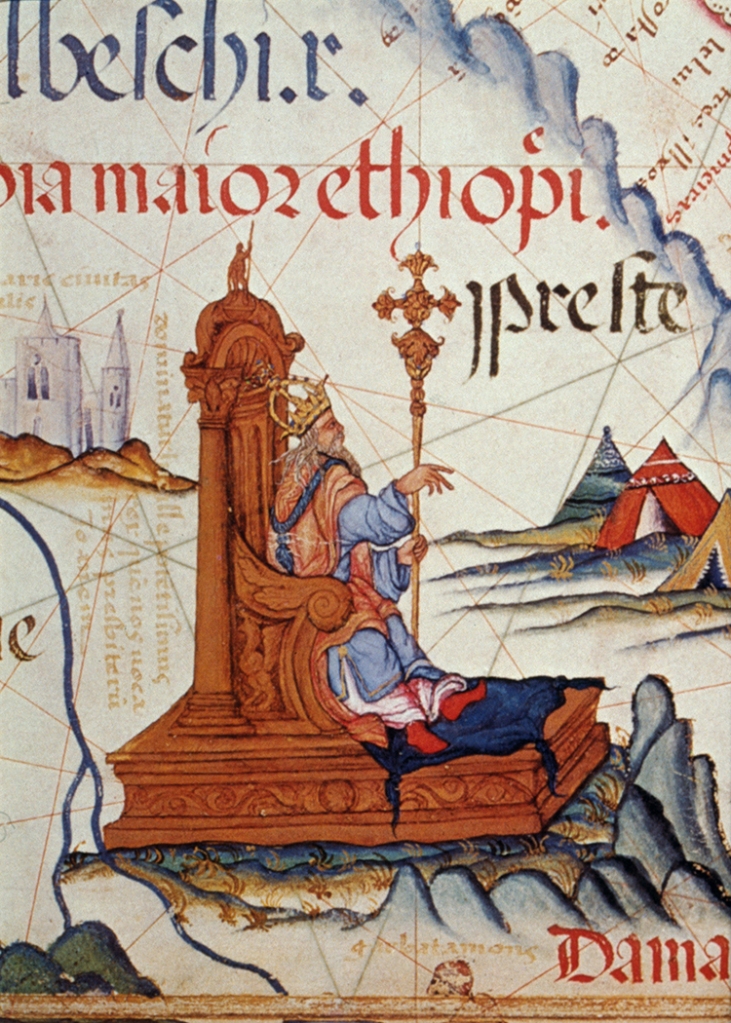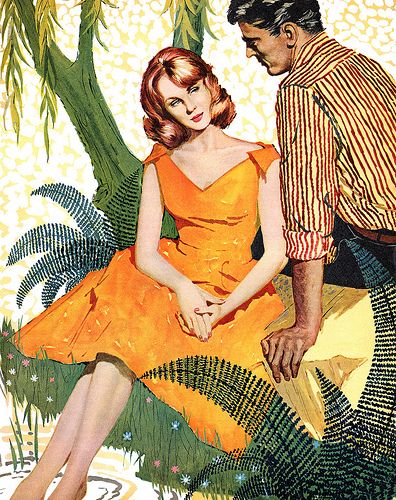THE ONE-MAN JOB
Maugham passed a uniform and a plainclothesman exiting as he entered Steinthal’s office. The officers and Maugham were equally surprised to see each other. Recovering from his initial shock Maugham nodded politely and the two other men, glancing up at Maugham’s enormous height returned the favor, but warily.
The plainclothesman stepped out of the way and held the door open for Maugham to pass before looking back into the room.
“This him?” the suit asked.
Steinthal, sitting at his desk raised his right hand and finger in acknowledgement. The man nodded in reply and shut the door behind him.
Maugham walked over to stand in front of Steinthal’s desk and asked, “What did they want?”
Steinthal glanced at Maugham and said, “Calling in a favor.”
“But I thought you didn’t have good relations with the cops?” Maugham continued.
“Big place, lotta cops.” Steinthal replied. “Besides, what others don’t know can’t hurt me.”
Maugham grunted and suddenly realized there was an open file laid out in front of Steinthal. He glanced at it, and seeing this Steinthal’s eyes also dropped to the file.
It looked like a rather hastily photocopied hardcopy of a case file. Or perhaps parts of it. Maugham didn’t ask but both he and Steinthal knew he knew what had happened, and why.
“No electronic or data trace,” Steinthal said flatly. “Maybe they got something on camera but I really doubt it. Knowing them. Probably copied unrelated material just to cover. I would have.”
Maugham nodded and grunted again.
“So what is it?”
“About a vic,” Steinthal replied. “But that’s not important right now.”
Maugham looked at Steinthal quizzically.
“What’s important is the killer,” Steinthal replied to Maugham’s look.
Steinthal tended to piss off professionals when he talked that way, purposely avoiding terms like UNSUB, or subject, or even suspect when it came to violence. Just “killer” or murderer” was all he would say. Drove the feds bonkers but he didn’t care. And as he liked to say, “Screw the feds.”
“Do they know who it is,” Maugham asked, thumbing back towards the door.
Steinthal shrugged.
“Maybe, you just never know with the cops,” Steinthal said cagily.
Maugham tilted his head sideways.
“Well, what about the Dick?” he asked becoming even more curious.
“Yeah,” Steinthal said. “What I don’t know about what he don’t know can’t hurt either of us either. And that’s true vice-versa too.”
Maugham was becoming agitated at Steinthal’s evasiveness so he kept at him. Maybe out of nothing more than aggravation.
“Well, if you’re not gonna tell me anything about the vic, then what about the killer. Do you think you know who he is?”
Steinthal looked hard at Maugham, as if weighing something in his mind. Whatever it was he was weighing, it seemed to tilt this way, and that, before settling out even.
“Maugham, I’m almost certain I know who he is.”
Surprised Maugham paused a moment.
“Well, what are you gonna do about it?” Maugham asked seriously, thinking he might be finally making some headway.
Steinthal glanced down at the manila file, straightened it, and then folded the cover over to close it.
“I’m going to hunt the mutha-fucker down, and kill him,” Steinthal said without bothering to look back up.
Maugham grunted and it sounded like he had just lifted a heavy weight successfully.
“So you definitely know who he is?”
Steinthal shook his head.
“Is anything in life really definite Maugham? But if I had to lay odds at table I’d say 100 percent. Probably more. Give or take a few points.”
Maugham nodded.
“Alright, who is it then?” he asked.
Again Steinthal stared at Maugham, almost uncomfortably, as if weighing something private in his mind. And again he weighed it awhile before he replied.
“Marcus Octavio Sodworth.”
Maugham heard the name clearly enough but just couldn’t place it. It seemed familiar, and he worked at it for awhile, but then he shook his head. Steinthal waited to see if Maugham could make him but then realized he wouldn’t.
“You may know him as Sod-Spot, or Spotty,” Steinthal said finally.
A look of surprise, and probably real concern passed across Maugham’s face.
“But Spotty is an enforcer for Sinaloa. And maybe Gulf.”
“Maybe,” Steinthal said.
“And he’s a killer,” Maugham said, as if discussing a very dangerous and proficient athlete.
Steinthal stood up in a very fluid motion and leaned across his desk as if about to pounce.
“He is,” Steinthal said. “But then again so am I Maugham. The difference being I’m not just a killer, I’m also a fucking Hunter. And killers don’t live forever around a fucking hunter.”
And as he said it Steinthal seemed to change in nature, and the look in his eyes became so sharp and so clear and so cold that even Maugham froze momentarily.
So Maugham was quiet a moment, and then said, “Let me swing by the house and get a few things.”
“No,” said Steinthal flatly and without any doubt in his reply. “No, you won’t.”
Steinthal glanced up and down at his gargantuan friend as if judging him impassively from a distance. As if choosing teams, and finding no one worth choosing. But then he softened a little.
“Maugham, you’re big, and you’re strong, and you’re good. No doubt of that. But you lumber, and you’re slow. And you’re sometimes loud. And most of all you’re big, and you bore easy. And I’m going to hunt. Hunting is different. You’re not the man for this job. As a matter of fact this is purely a one-man job. And I’m that man.”
Then Steinthal picked up the file, and turned, and walked to his pack and unzipped it and put the file deep inside.
While he did so Maugham thought about what he had just said. He was offended, and a little hurt, but he knew Steinthal had called it true. Maugham was indispensable in a stand up fight, and as muscle he shook even old oaks, but an on your belly snake hunt and a knife to the side of the throat in the dark, he’d be little help at that. And likely an open liability. You had to read people for what they were, not for what you wished they were. Steinthal was right, much as Maugham hated it.
“Dammit John,” Maugham finally said in frustration. “Well then, what do you want me to do?”
Steinthal picked up his pack and threw it across one shoulder. He walked by Maugham and as he did so he said,
“Go home Maugham. If I need you I’ll call you. But I won’t need you.”
When he got to the door he opened it and left it open. Wide.
“That’s it?” Maugham asked.
“No,” Steinthal said glancing back over his shoulder. “Lock up when you leave.”
Then Steinthal continued on down the hall towards the streets.
Maugham shook his head in disgust.
Before Steinthal hit the door to exit the building Maugham called out to him.
“At least tell me where you’re going?!” he asked.
Steinthal might have said something in reply, or perhaps not. It was hard to tell at that distance. But either way he was already gone…
(Tuesday’s Tale: I wrote this scene after watching a pair of “hunters” kill a male lion and then watching them attacked by another lion while taking “trophy pics” of their kill. Was it all real? I mean it is the internet after all… but if it was real then they were killers but certainly not hunters. Like most modern people they didn’t understand the difference at all, and if it was real, they’re probably dead because they didn’t understand the difference. Which disgusts me but also tends to infuriate me. And because he/they didn’t understand the difference the man probably got his wife killed, or at least mauled. But life is what it is and modern people are what they are. Anyway it reminded me of some events in my past and while lying in a hot bath to recover from an injury this scene for Steinthal and Maugham occurred to me and I got out and wrote it. Took about an hour and a half, lot slower than normal for me, but my wife walked in in the middle of it, so I couldn’t write smooth or clean until our conversation ended. Still, don’t think our conversation scattered my thoughts or hurt the scene any but that’s up to you. Hope you enjoy it, it’s a first draft, and if you wanna comment, do so.)
Coda: I subtitled this scene, the One-Man Job. Since I wrote a scene for Denn the other day also about a One Man Job (for a Woman) I just couldn’t resist…












:origin()/pre00/1cdf/th/pre/f/2015/158/a/3/treasure_by_demonlife-d8weft6.jpg)
























You must be logged in to post a comment.